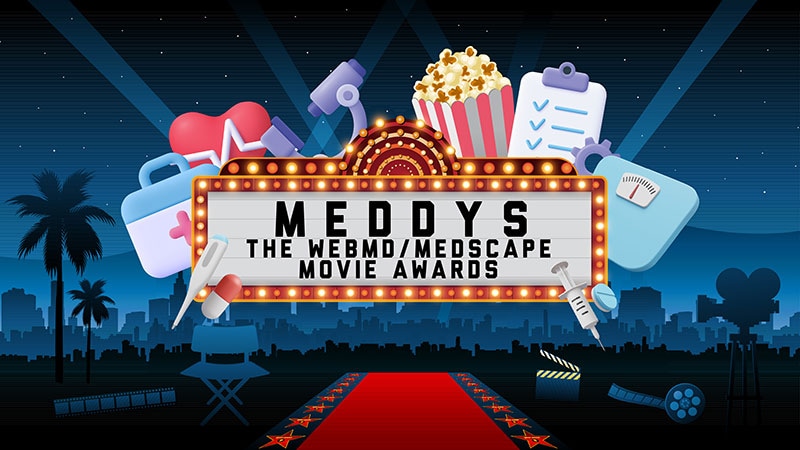It’s Oscars weekend, so for our 2nd annual Meddy Awards — our very self-congratulatory and very tongue-in-cheek version of the Oscars — we celebrate outstanding medical performances and events in motion pictures throughout history. Without further ado (or comedy skits or musical numbers or extended tributes or commercials), the Meddys go to…
Best Depiction of Emergency Medicine’s Rollercoaster
M*A*S*H (1970)
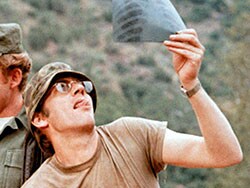
Donald Sutherland as Dr Hawkeye Pierce
The original film, not the TV show, jumps from Frank Burns being hauled away in a straitjacket to a soldier’s spurting neck wound. Hawkeye Pierce calmly steps in and we see the entire sequence of him applying pressure, then stepping back to gown-and-glove (“it’s going to spurt a bit”), then jumping back in with arterial sutures, quipping, “Baby, we’re gonna see some stitchin’ like you never saw before.” After that, cocktail hour. Yes, medicine in Hollywood can be overdramatized and even inaccurate, but Robert Altman’s take on the novel by former US Army surgeon Richard Hooker still stands tall for just how crazy emergency medicine can be.
Best “Is There a Doctor in the House?” Moment
Field of Dreams (1989)
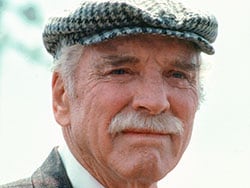
Burt Lancaster as Dr “Moonlight” Graham
When Ray Kinsella’s daughter gets knocked off the back of the bleachers, everything stops. No one knows what to do…except Doc “Moonlight” Graham, who gives up his life’s (and afterlife’s) dream to step off the field and save the girl from choking to death. Burt Lancaster, in his final movie role, embodies everything people wish a doctor to be: Calm, kind, and able to offer a quick, effective solution to a crisis. “Hey rookie! You were good.” Yes, he sure was.
Most Unethical Doctor
Elvis (2022)
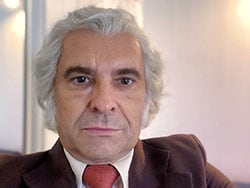
Tony Nixon as Elvis’ personal physician “Dr Nick”
No doctor wants to be remembered as the guy who killed Elvis. But that legacy clings to Dr George Nichopoulos, Elvis’s personal physician in the 1970s. In Elvis, Nichopoulos, played by Tony Nixon, hovers in the background, enabling the King’s worsening addictions. Taking late-night calls for narcotics and injecting the unconscious star with stimulants, “unethical” is an understatement for the fictional “Dr Nick.” The real Nichopoulos was acquitted of wrongdoing in Elvis’ death, although there is little doubt that the thousands of medication doses he prescribed played a role. When his license was finally revoked for overprescribing in the 1990s, the obliging doc reportedly claimed, “I cared too much.”
Best Self-Use of a Defibrillator
Casino Royale (2006)
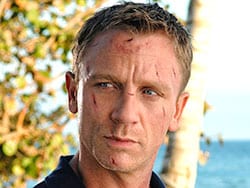
Daniel Craig as James Bond
We expect backlash in the post-award press conference since James Bond technically only attempted to self-defibrillate in the passenger seat of his car. He never attached the device to the leads. Vesper Lynd had to pick up his slack and save the day. Also, supporters of fellow self-defibrillating nominee Jason Statham in Crank will no doubt raise a stink on Twitter. But we stand by our choice because it was such an, ahem, heart-stopper of a scene.
Best Worst Patient Lying About an Injury
Tár (2022)
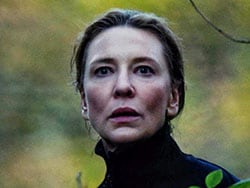
Cate Blanchett as Lydia Tár
Love it or hate it, few recent movies have been as polarizing as Tár. Cate Blanchett’s portrayal of a musical genius might be toweringly brilliant or outrageously offensive (or both) depending on whom you ask. But clearly the character has a loose relationship with facts. More than a few doctors might have raised an eyebrow had Lydia Tár appeared with injuries to her face, claiming to have been attacked in a mugging. In reality, Lydia tripped and fell while pursuing an attractive young cellist into a hazardous basement. Did she lie to protect her image, preserve her marriage, or — like many patients — avoid a lecture on unhealthy behavior? We pick D, all of the above.
Best Therapy for a Speech Disorder
The King’s Speech (2010)
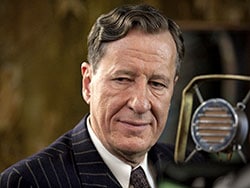
Geoffrey Rush as Lionel Logue
Public speaking might cause anxiety for many of us, but how about doing it in front of a global radio audience while wrestling with a speech disorder? Based on a true story, The King’s Speech revealed that terrifying experience for England’s King George VI. Enter Lionel Logue, played by Geoffrey Rush. Irreverent, unconventional, and untrained, the Australian pioneer in speech and language therapy uses a range of strategies — some of which are still used today — to help the royal find his voice. But when singing, shouting swear words, and provoking rage don’t do the trick, Logue turns to psychotherapy to unearth the childhood traumas at the root of the king’s disability. Experience, as Logue tells his patient, matters just as much as “letters after your name.”
For more news, follow Medscape on Facebook, Twitter, Instagram, YouTube, and LinkedIn
